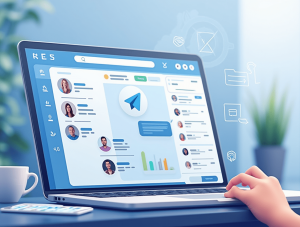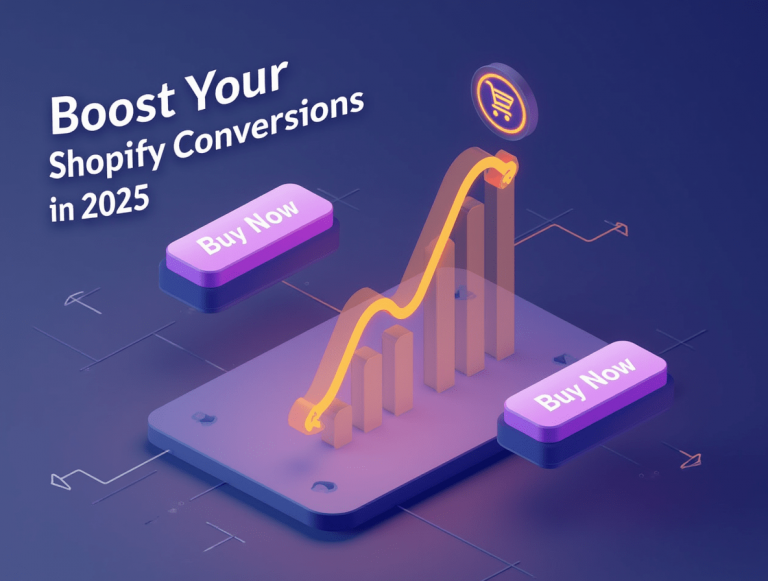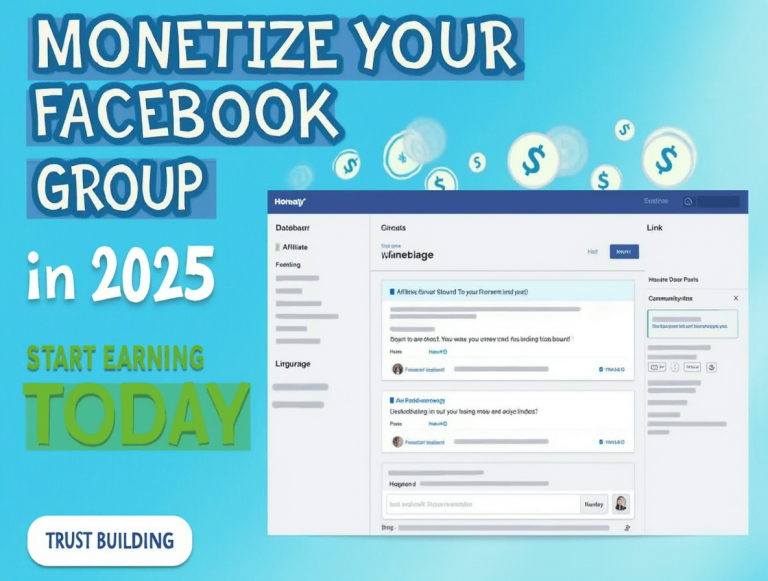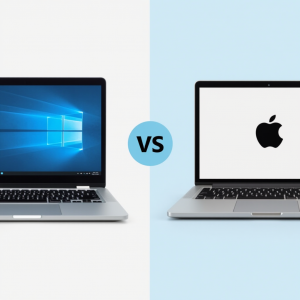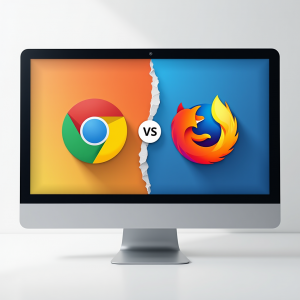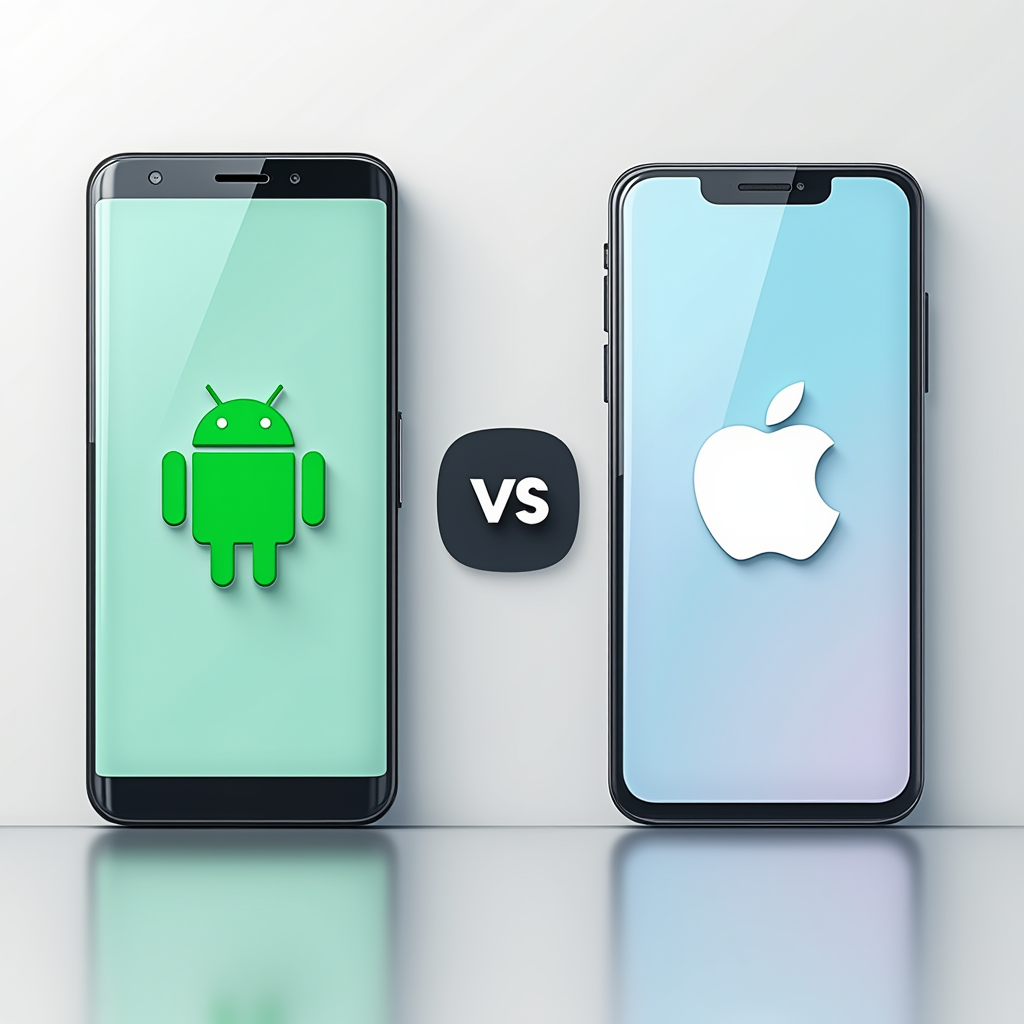
In the palm of your hand lies a decision that impacts your daily digital life: Android or iOS? With over 3 billion active Android devices and nearly 1.5 billion iOS devices worldwide, the smartphone operating system battle continues to captivate tech enthusiasts and casual users alike.
This comprehensive guide will unravel the complexities of Android and iOS, helping you make an informed decision that aligns perfectly with your lifestyle, preferences, and technological needs.
Operating System Basics
What are Mobile Operating Systems?
Mobile operating systems are sophisticated software platforms that manage smartphone hardware, provide user interfaces, and enable interactions between device components and applications. Android, developed by Google, and iOS, created by Apple, dominate the global smartphone market.
Android: A Comprehensive Overview
Pros of Android
- Incredible Device Variety: Available across thousands of models
- Customization Options: Highly flexible and personalized experience
- Affordability: Devices available at every price point
- Open-Source Platform: Continuous innovation and development
- Google Services Integration: Seamless access to Google ecosystem
Cons of Android
- Fragmentation Challenges: Inconsistent software updates
- Potential Security Vulnerabilities: More open ecosystem
- Variable Performance: Quality differs across manufacturers
- Bloatware: Many devices come with pre-installed apps
iOS: The Apple Ecosystem
Pros of iOS
- Seamless Ecosystem Integration: Perfect synchronization with Apple devices
- Superior Security: Tightly controlled app environment
- Consistent User Experience: Uniform design across devices
- Timely Software Updates: Immediate updates for supported devices
- Optimized Performance: Efficient hardware-software integration
Cons of iOS
- Limited Customization: Restricted personalization options
- Higher Device Cost: Premium pricing for Apple devices
- Closed Ecosystem: Less flexibility compared to Android
- Limited Hardware Choices: Fewer device options
Detailed Comparison
Performance Comparison
| Aspect | Android | iOS |
|---|---|---|
| Device Variety | Thousands of Models | Limited Apple Devices |
| Customization | Highly Flexible | Limited Options |
| Software Updates | Fragmented | Consistent & Immediate |
| Security | Open Ecosystem | Highly Controlled |
Software Ecosystem
Android Advantages
- Google Play Store with millions of apps
- Easy file management
- Extensive third-party app support
- Cross-device compatibility
iOS Advantages
- App Store with strict quality control
- Seamless iCloud integration
- Superior privacy features
- Consistent app design
Who Should Choose Android?
is ideal for:
- Budget-conscious users
- Tech enthusiasts who love customization
- Users preferring device variety
- Those deeply integrated with Google services
- People who value flexibility
Who Should Choose iOS?
is perfect for:
- Apple ecosystem users
- Security-conscious individuals
- Creative professionals
- Users seeking consistent experience
- Those prioritizing simplicity and optimization
External Resources
Frequently Asked Questions
Q: Can I switch between Android and iOS easily? A: Switching is possible but requires careful data transfer and app repurchasing.
Q: Which platform is better for privacy? A: iOS generally offers stronger privacy protections due to its closed ecosystem.
Q: Do Android phones support Apple services? A: Limited support. Some Apple services have Android apps, but full integration is challenging.
Conclusion
There’s no definitive “winner” in the Android vs iOS battle. Your ideal choice depends on personal preferences, budget, and ecosystem alignment. Android offers flexibility and affordability, while iOS provides a streamlined, secure experience.




